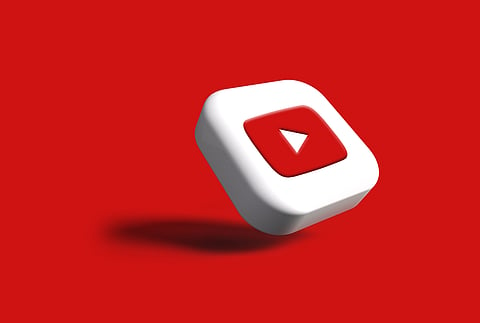
- LIFESTYLE
- FASHION
- FOOD
- ENTERTAINMENT
- EVENTS
- CULTURE
- VIDEOS
- WEB STORIES
- GALLERIES
- GADGETS
- CAR & BIKE
- SOCIETY
- TRAVEL
- NORTH EAST
- INDULGE CONNECT

YouTube, owned by Google, has introduced new tools aimed at helping Indian audiences access credible health information directly from healthcare professionals.
Expanding on its health source information panels and content shelves, YouTube is now inviting registered doctors, nurses, mental health experts, and health educators to apply for eligibility in its health product features.
“This step will allow us to include more high-quality content from a broader group of healthcare channels,” stated Dr. Garth Graham, Director and Head of YouTube Health, in a blog post.
The initiative aims to make reliable health information more accessible while combating misinformation. Qualified professionals will be able to connect with audiences by sharing evidence-based content and addressing common health queries.
“At YouTube, our goal is to leverage the internet’s power to provide equitable access to authoritative health information that is grounded in evidence. We are focusing on two key areas: information quality and information equity,” Graham explained.
Healthcare professionals who meet best practice guidelines from organizations like the Council of Medical Specialty Societies, the National Academy of Medicine, and the World Health Organization, and who maintain a channel in good standing, are encouraged to apply.
YouTube will verify the licenses of applicants and review their content for eligibility. Approved channels will feature health source information panels beneath their videos, identifying them as authoritative sources. Additionally, their content will appear in health content shelves when viewers search for related topics.
YouTube is also collaborating with healthcare institutions to create and promote trustworthy content covering over 140 physical and mental health conditions. This content will be available in multiple languages, including Hindi, Marathi, Tamil, Telugu, Kannada, Gujarati, Bengali, Malayalam, Punjabi, and English.
“This expansion highlights the incredible community of healthcare creators on YouTube who are transforming how medical information is shared,” Graham added.